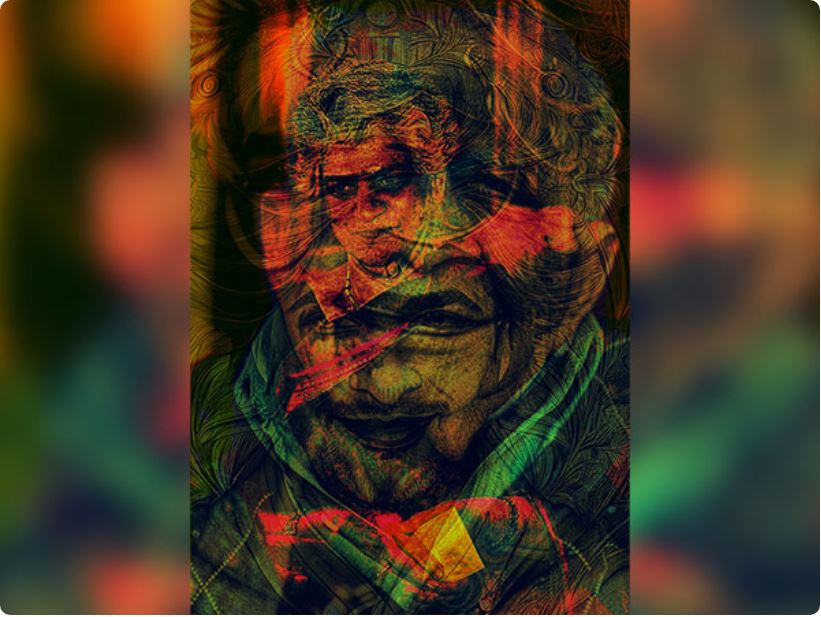
New Delhi: My mother and my paternal grandfather, Nana, blessed me with the teachings of the Vedanta, a philosophy that puts one front and center and teaches us to take charge of our life without getting lost in putting blame on others, on circumstances, or on destiny for what happens to us.
They made me more curious, more hungry, more questioning, and more of a thorn in the side of those selling easier ways of living, learning, loving and accepting.
I would listen with awe to the grand magnificence of their utterings, and they in turn would give gratitude to the Vedas and Upanishads, to the Bhagwad Gita and the tutelage they gained from learned women and men who espoused the wisdom of Vedanta.
Papa, on the other hand, was loathe to talk much about religion; he was a practicing Radha Soami of the Soami Bagh, Agra order. Every day he prayed for a few minutes and lit an incense stick as he did so, and even before I could appreciate the fact that he was in prayer, he had finished it.
When I asked what this prayer did, he called it a discipline and a repeated chore that kept him focused and connected to the past traditions of the family and to the greater good that exists in all of us.
When we asked him what he thought of the elaborate ways in which his beloved family members worshipped, he told us that there are other ways of connecting to the divinity within.
My sister would follow in the lead of my paternal aunt and be found chasing all paths toward greater spiritual development and mental peace, and Papa wouldn't argue at all, but gave her that indulgence and supported her in her journey.
This taught us from a young age to not only accept other ways of believing and being, but also to respect and celebrate them for their differences. (with Agency inputs)







